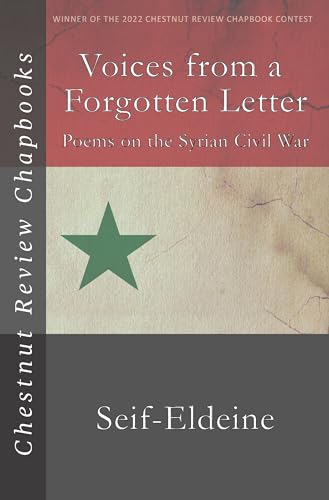Recent years have shown important and spectacular convergences between techniques traditionally used in theoretical physics and methods emerging from modern mathematics (combinatorics, probability theory, topology, algebraic geometry, etc). These techniques, and in particular those of low-dimensional statistical models, are instrumental in improving our understanding of emerging fields, such as quantum computing and cryptography, complex systems, and quantum fluids.
This book sets these issues into a larger and more coherent theoretical context than is currently available. For instance, understanding the key concepts of quantum entanglement (a measure of information density) necessitates a thorough knowledge of quantum and topological field theory, and
integrable models. To achieve this goal, the lectures were given by international leaders in the fields of exactly solvable models in low dimensional condensed matter and statistical physics.


